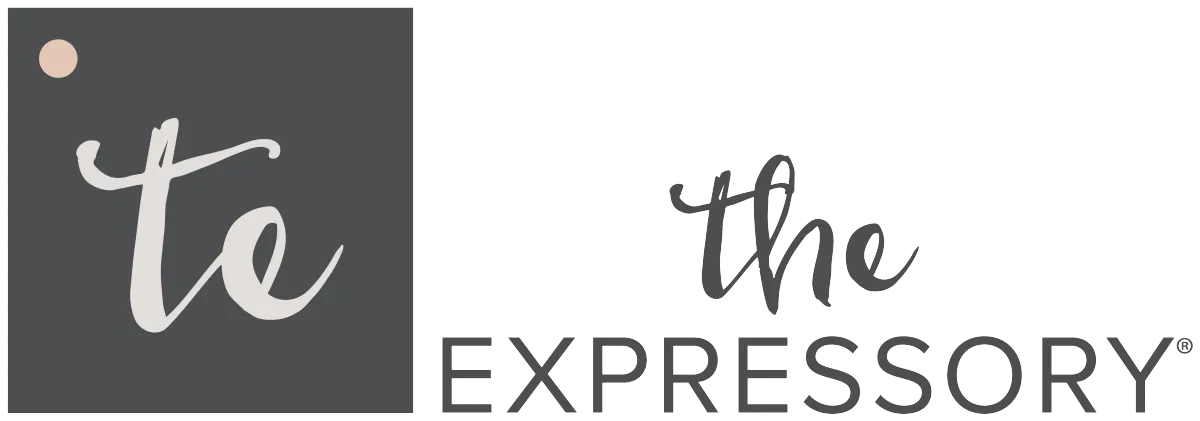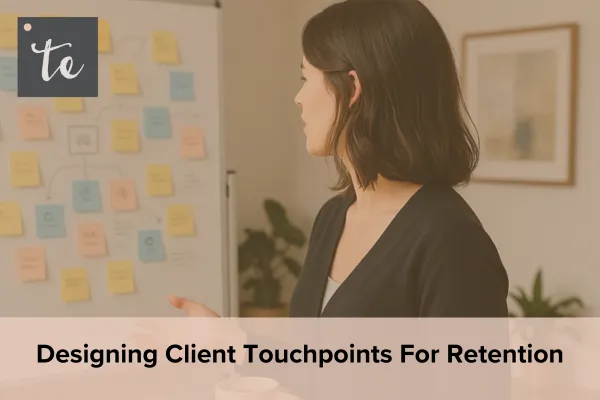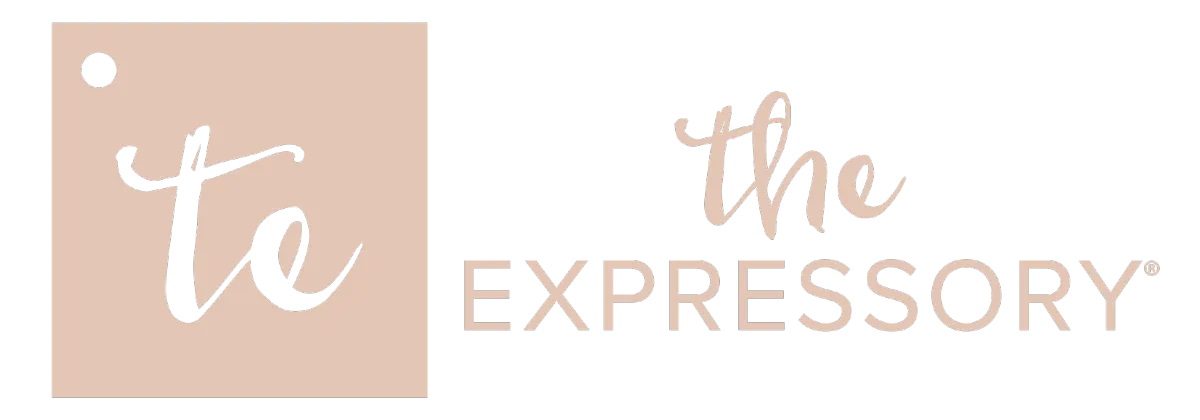
How Listening Builds Emotional Loyalty with Clients
Published on: 19/01/2026
Learn how cue-based listening helps teams stop missing moments, build emotional loyalty, strengthen client relationships and drive long-term business growth.
Emotional LoyaltyClient RelationshipsBusiness Development
Why Feeling Seen Is Your Most Underrated Business Strategy
Published on: 19/01/2026
New Blog Post Description
Strategic EngagementAcknowledgementBusiness Development
Designing Client Touchpoints For Retention
Published on: 16/01/2026
Discover how to design intentional, insight-driven client touchpoints that strengthen relationships, build emotional loyalty, and increase retention.
RetentionStrategyClientsClient LoyaltyBusiness Development
The Growth Trap of Missed Moments for Financial Advisors
Published on: 16/01/2026
Learn why financial advisors miss key client moments, how emotional cues impact trust and how better listening improves client loyalty and long term retention.
Emotional LoyaltyClient RelationshipsFinancial AdvisorsBusiness Development
© 2020 All Rights Reserved.
Terms and Conditions
Privacy Policy
Shipping & Returns





